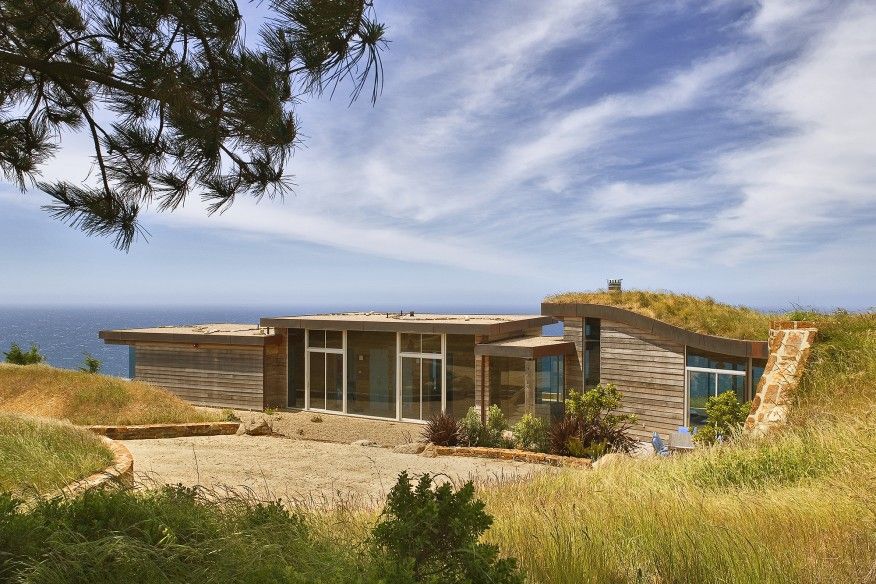Solar power combines with propane systems to create an affordable, effective strategy for meeting zero net energy goals.
California will give the zero net energy (ZNE) home market a huge kick-start in 2020, when a new state home energy code takes effect. The code’s performance path, used for compliance on most projects, will get 50 percent tougher, moving closer to requiring homes to be ZNE — in other words, to produce as much energy as they consume.
Although California will be the first state to approach that rigorous efficiency standard, interest in ZNE homes is expanding across the country. A survey performed by Harris Insights & Analytics for the Propane Education & Research Council (PERC) found that 83 percent of homebuyers and 89 percent of builders are likely to consider a ZNE home for their next purchase or build. So it pays for builders and architects nationwide to study how pros in California are approaching the new regulations.
While California’s new energy code is tough to meet, it offers a lot of flexibility, says David Knight, founder of Monterey Energy Group, a residential mechanical engineering firm based in Carmel, California. And, he says, strategic use of propane for space heating, water heating, and power generation offers a model for meeting the code that’s likely to be successful and popular with clients in the years to come.

Propane or heat pump?
Knight says he probably gets the question 100 times a month: “Is it more cost-effective to go with propane furnaces and propane water heaters or heat pumps?” The answer in almost all parts of California, he says, is that it’s almost always more cost-effective to go with propane. Compared with California’s expensive grid power, the operating costs of propane furnaces and water heaters are lower, and the features are significantly better.
Modeling a typical, well-insulated house for energy compliance shows the impact of switching to propane for space heating. When Knight plugs in a ductless heat pump as the heat source, the house is 4.8 percent below the energy performance needed to comply with the code. Simply switching to a propane furnace, with no other changes, jumps the compliance margin to positive 16 percent. Ducted heat pumps perform better, but overall, the energy code is more positive for propane furnaces than for air-source heat pumps.
Similarly, propane tankless water heaters offer a step up from electric heat pump water heaters, Knight says. “If you put in the right number of them, you can get plenty of domestic hot water. With proper maintenance, they can be plenty reliable. There’s no question propane water heating is a significantly better choice than electric.”

Working with solar
On many new homes Knight works on, he’s installed large solar systems with batteries, which can help to smooth out time-of-use price premiums when grid electricity is more expensive. Solar power is still not quite as cost-effective as propane or gas for domestic hot water and space heating, but it may become closer if solar power continues to become more affordable.
In fact, many of Knight’s clients are considering going off grid using inexpensive solar, a battery backup system, and, most importantly, a good backup generator, Knight says. “For a few dollars more, especially compared to the costs of a new hookup or a slightly adjusted hookup from the utility, you can be off grid pretty darn fast with every creature comfort you’d like to have.”

The national ZNE conversation
For Knight’s California markets, combining an efficient propane furnace, a propane water heater, and a propane backup generator creates a ZNE home package that’s popular with clients—and can serve as a roadmap for builders nationwide.
Check out our interactive feature on propane.com for insights on how to start building your own ZNE strategy.
Correction: This article has been updated to reflect that California’s new home energy code does not require zero net energy.

